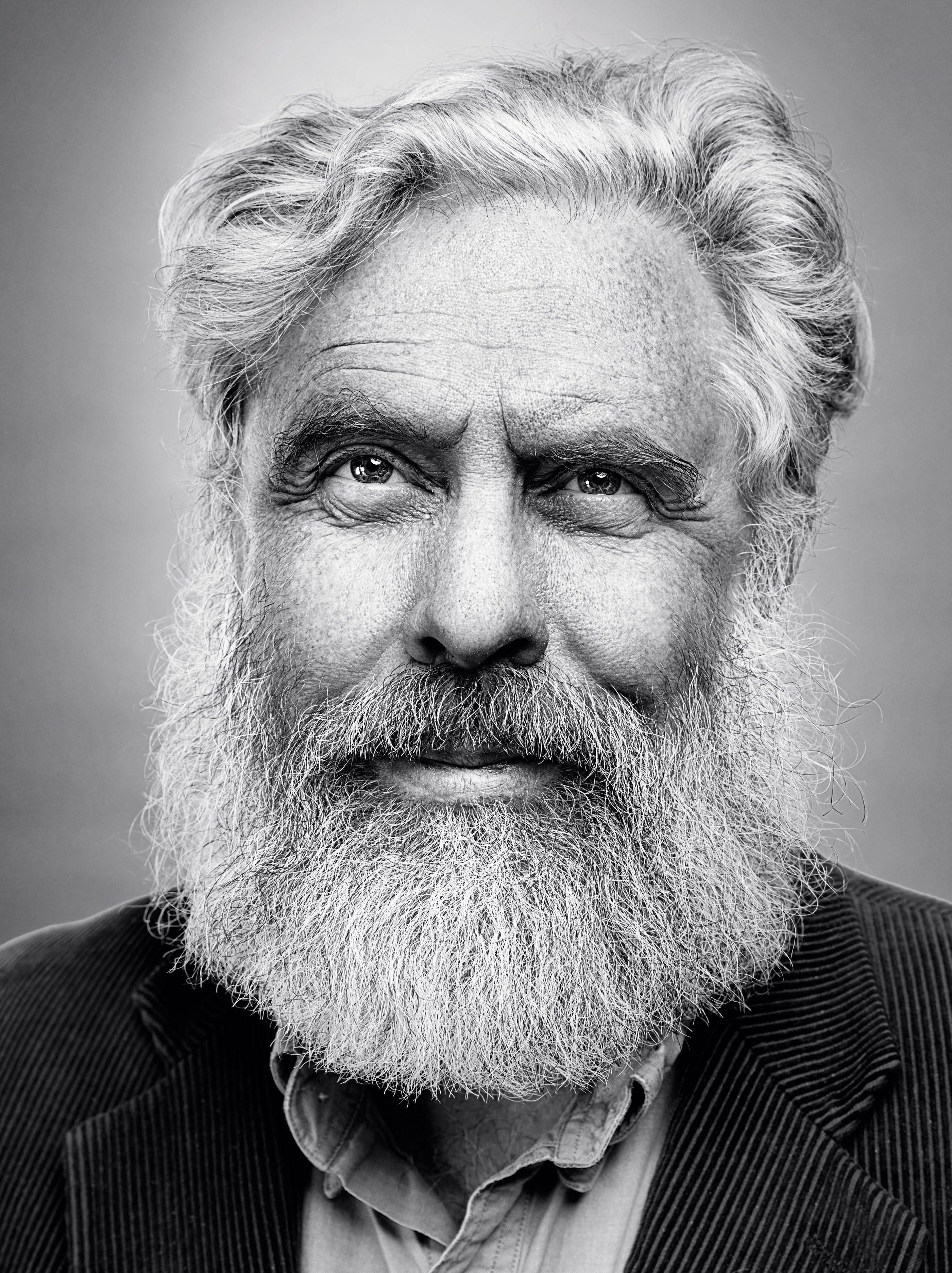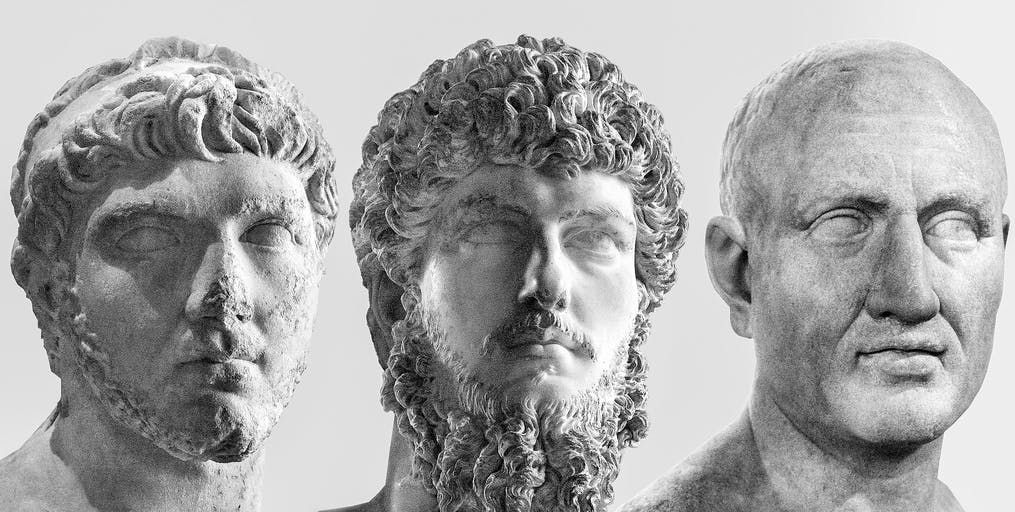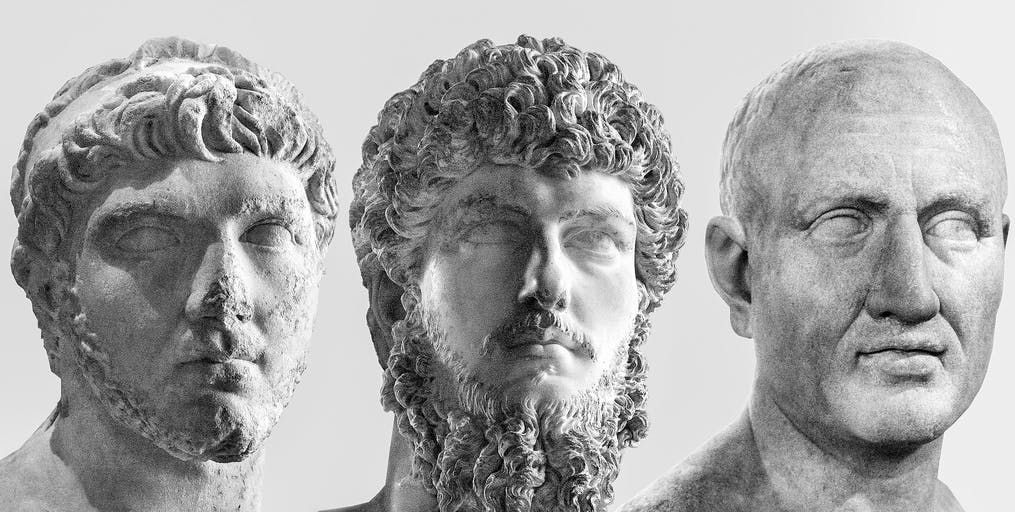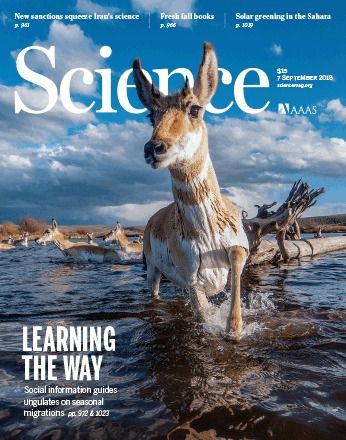Page 9829
Sep 7, 2018
Dr. George Church and I Discuss the Woolly Mammoth, Human Aging, DNA Data Storage, and Other Amazing Projects Coming Out of His Lab with Advice for People Getting Started
Posted by Steve Hill in categories: alien life, computing, life extension
Lowell interviews the always fascinating Professor George Church in this new podcast series about aging research. Lifespan.io will be appearing on the show soon too so watch this space bigsmile
Harvard & MIT Professor, author of Regenesis, methods for 1st genome sequence (1994) & 10M-fold improvements (NGS, nanopore), genome editing, writing and recording. In this episode, we get to talk about Genghis Khan, Woolly Mammoth, storing data in DNA, advice for people getting started, and more all in under one hour!
Genghis Khan, Woolly Mammoth, storing data in DNA, advice for people getting started, and more all in under one hour!
George is one of the most interesting and down to earth people you’ll read about (might be from the future or an alien, but cannot confirm). He is always working to make all of our lives better. Anytime you are looking for inspiration, do what I do, and learn about what he and his team are working on. I always feel like I can do anything after reading or listening to the current things he is working on. I hope to one day contribute like he does! As a side note: I am working on something that was inspired from our discussion, so we shall see how that goes. If anyone is inspired after listening to him talk, please email me and let me know. We can start a fan group around George and scientists in general. Scientists are the unsung superheros of our society! Also, scroll down to the bottom to see the breadth of his work. I felt like it should be put here in it’s entirety. Hyperlinked show notes will go up tonight for this episode and the previous ones that are lacking them!
Sep 7, 2018
Why Unidentified Aerial Phenomena Are A National Security Risk And Also An Opportunity For Progress
Posted by Derick Lee in categories: education, government, security
A career’s worth of intelligence work for the U.S. Government has taught me one key lesson: national security is a lot like playing a game of chess. You have to anticipate your opponent’s every move in order to remain one step ahead.
Disclosing your strategy will be used against you. But if you recognize certain opportunities, you can win the match.
When I headed the government’s highly sensitive Advanced Aerospace Threat Identification Program (AATIP), I worked with a team to assess whether a particular chess piece — in this case in the form of an unfamiliar aerial technology — was a threat to our side of the chess board.
https://www.youtube.com/attribution_link?a=q2Xik23w9pI&u…ture=share
Musk on Rogan’s show. Full disclosure, I only got 15 minutes in as I am off to work. Enjoy.
Sep 6, 2018
Study Uncovers the Genes That Extend Human Lifespan
Posted by Manuel Canovas Lechuga in categories: biological, evolution
A study published in Molecular Biology Evolution provides new insight into why humans are able to live as long as we do identifying a handful of genes that were so strongly conserved millions of years ago, that they continue to influence our lifespans today…
Sep 6, 2018
Evolutionary Study Uncovers the Genes That Extend Human Lifespan
Posted by Nicholi Avery in categories: biological, evolution
A study published in Molecular Biology Evolution provides new insight into why humans are able to live as long as we do identifying a handful of genes that were so strongly conserved millions of years ago, that they continue to influence our lifespans today…
Sep 6, 2018
New Synthetic Protein May Kill Cancer Cells Without Harming Healthy Tissue
Posted by Genevieve Klien in categories: biotech/medical, neuroscience
The new protein combined with a fat molecule could be particularly effective in fighting brain cancer.
Destroy cancer cells without harming healthy tissue.
That’s the goal of cancer treatment.
Continue reading “New Synthetic Protein May Kill Cancer Cells Without Harming Healthy Tissue” »
Sep 6, 2018
Scientist Passed Over for Nobel Wins $3M, Donates It
Posted by Genevieve Klien in categories: cosmology, physics
Jocelyn Bell Burnell was a PhD student at Cambridge University some five decades ago when she made an astronomical discovery while reviewing data from a radio telescope: faint, repeating pulses of radio waves.
These signals came to be known as pulsars, a type of neutron star described by Scientific American as “a city-sized collapsed core of a massive sun that is made of degenerate matter and throws off lighthouse-like beams of radio waves.” The discovery was a leap forward: It pointed to the existence of black holes, provided evidence for gravitational waves, and much more.
It also yielded a 1974 Nobel Prize—but not for Bell Burnell. Instead, the prize went to Antony Hewish, Bell Burnell’s PhD supervisor, the Guardian reports.
Continue reading “Scientist Passed Over for Nobel Wins $3M, Donates It” »
Sep 6, 2018
You can now use Alexa and Cortana to control your Xbox
Posted by Genevieve Klien in category: entertainment
You can now control the Xbox from Alexa and Cortana. Microsoft announced his morning it’s introducing a new way to interact with Xbox One using voice commands, by way of an Xbox Skill that works with both Alexa and Cortana, across platforms. The skill will allow users to launch games, adjust the volume, start and stop their broadcasts to Mixer, capture screenshots and more.
For example, players will be able to say to their Echo speaker, “Alexa, start Rocket League,” and the console would power on, sign them in, and launch the game.
To use the new feature with Alexa, players will first have to sign in with their Amazon account then link their Microsoft account to the skill. With Cortana, users will instead have to first sign into the Xbox they want to control, then sign in with their Microsoft account to link the skill on their Windows 10 PC.
Continue reading “You can now use Alexa and Cortana to control your Xbox” »
Sep 6, 2018
A brain boost to fight Alzheimer’s disease
Posted by Genevieve Klien in categories: biotech/medical, health, neuroscience
Alzheimer’s disease is one of the biggest medical challenges of our time. About 30 million people worldwide are living with Alzheimer’s disease, and the numbers are predicted to increase to 100 million by 2050 if we do not find effective prevention or treatment strategies (1). Substantial evidence suggests that leading a healthy lifestyle, including regular exercise, may lower the risk of developing Alzheimer’s disease. However, the mechanisms through which exercise protects the brain and whether we could bottle these as a treatment remain controversial. On page 991 of this issue, Choi et al. (2) reveal that in a mouse model of Alzheimer’s disease, exercise improves memory through a combination of encouraging neurogenesis in the hippocampus and increasing the levels of brain-derived neurotrophic factor (BDNF), a growth factor that supports neuronal survival. Their findings suggest that agents that promote both BDNF signaling and neurogenesis might be effective in preventing or treating Alzheimer’s disease.
http://www.sciencemag.org/about/science-licenses-journal-article-reuse
This is an article distributed under the terms of the Science Journals Default License.
















